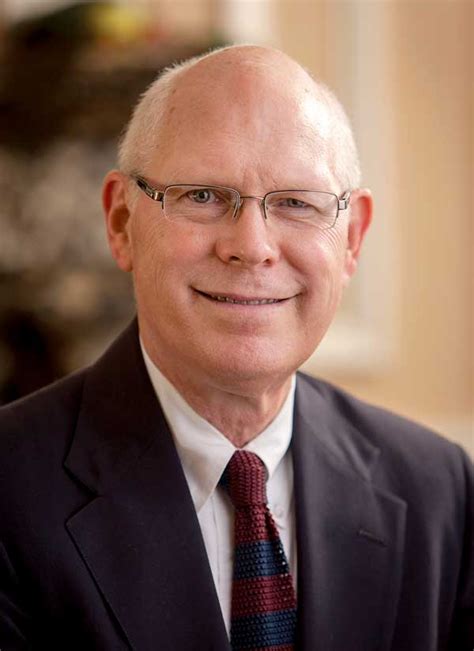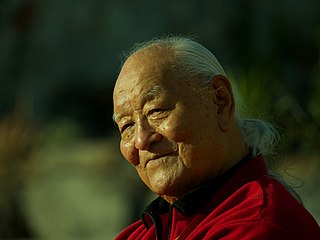A Quote by Paulo Coelho
Intense, unexpected suffering passes more quickly than suffering that is apparently bearable; the latter goes on for years and, without our noticing, eats away at our souls, until, one day, we are no longer able to free ourselves from the bitterness and it stays with us for the rest of our lives.
Related Quotes
Suffering in the path of Christian obedience, with joy - because the steadfast love of the Lord is better than life (Psalm 63:3) - is the clearest display of the worth of God in our lives. Therefore, faith-filled suffering is essential in this world for the most intense, authentic worship. When we are most satisfied with God in suffering, he will be most glorified in us in worship. Our problem is not styles of music. Our problem is styles of life. When we embrace more affliction for the worth of Christ, there will be more fruit in the worship of Christ.
As a survival-happy species, our successes are calculated in the number of years we have extended our lives, with the reduction of suffering being only incidental to this aim. To stay alive under almost any circumstances is a sickness with us. Nothing could be more unhealthy than to “watch one’s health” as a means of stalling death. The lengths we will go as procrastinators of that last gasp only demonstrate a morbid dread of that event. By contrast, our fear of suffering is deficient.
Duality is the real root of our suffering and of all our conflicts. All our concepts and beliefs, no matter how profound they may seem, are like nets which trap us in dualism. When we discover our limits we have to try to overcome them, untying ourselves from whatever type of religious, political, or social conviction may contain us. We have to abandon such concepts as 'enlightenment', 'the nature of the mind', and so on, until we no longer neglect to integrate our knowledge with our actual existence.
That which should distinguish the suffering of believers from unbelievers is the confidence that our suffering is under the control of an all-powerful and all-loving God. Our suffering has meaning and purpose in God's eternal plan, and He brings or allows to come into our lives only that which is for His glory and our good.
Suffering is universal; how we react to suffering is individual. Suffering can take us one of two ways. It can be a strengthening and purifying experience combined with faith, or it can be a destructive force in our lives if we do not have the faith in the Lord's atoning sacrifice. The purpose of suffering, however, is to build and strengthen us.
Suffering invites us to place our hurts in larger hands. In Christ we see God suffering – for us. And calling us to share in God’s suffering love for a hurting world. The small and even overpowering pains of our lives are intimately connected with the greater pains of Christ. Our daily sorrows are anchored in a greater sorrow and therefore a larger hope.
Our possibilities of happiness are already restricted by our constitution. Unhappiness is much less difficult to experience. We are threatened with suffering from three directions: from our own body, which is doomed to decay and dissolution and which cannot even do without pain and anxiety as warning signals; from the external world, which may rage against us with overwhelming and merciless forces of destruction; and finally from our relations to other men. The suffering which comes from this last source is perhaps more painful to us than any other.




































